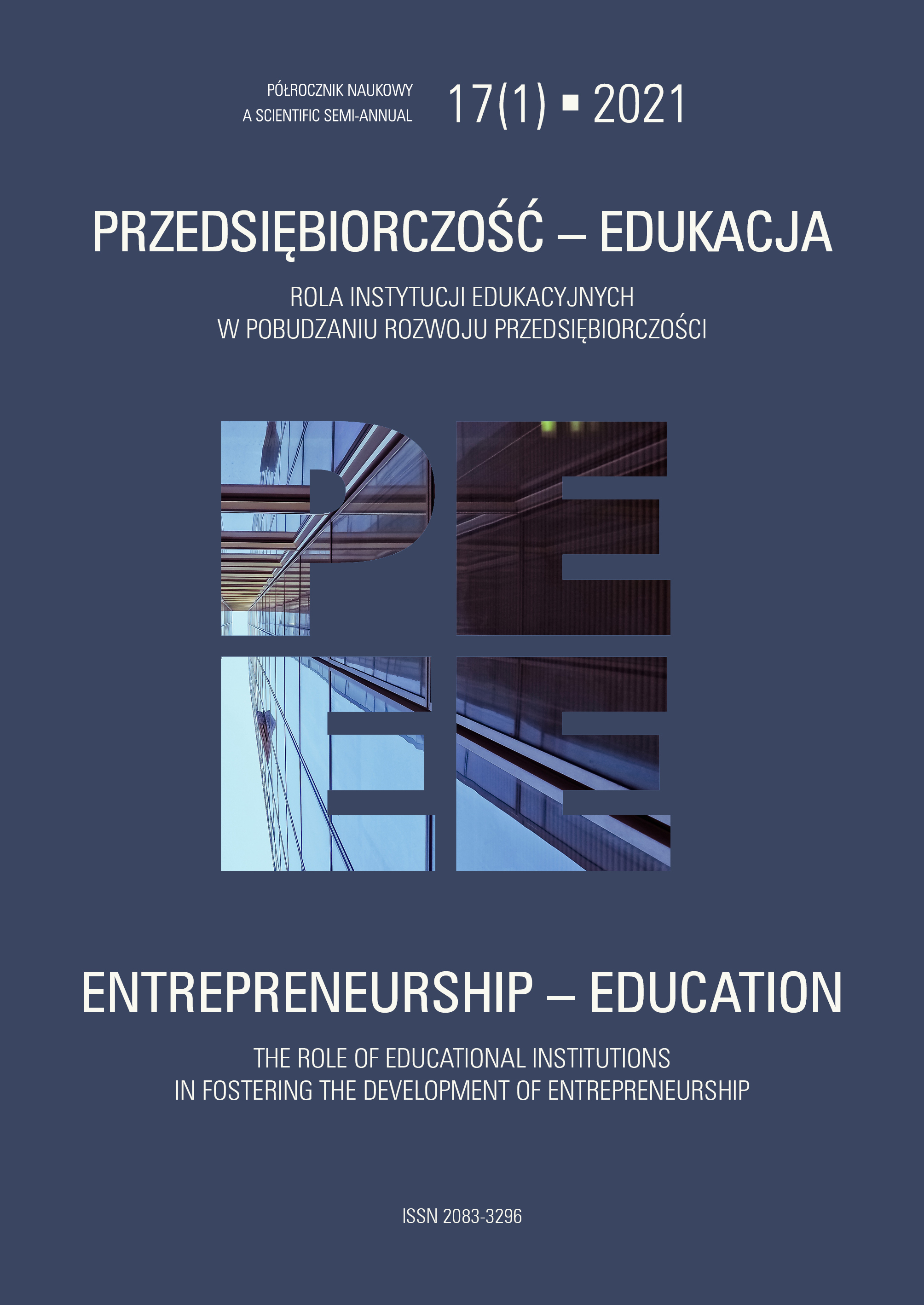Assessment of the impact of terrorism on tourism in the 21st century: the example of Egypt
DOI:
https://doi.org/10.24917/20833296.171.19Keywords:
Arab countries, Egypt, terrorism, tourismAbstract
The article aims to analyse the impact of terrorism in Egypt on its tourism sector. To investigate the topic and obtain an answer to the research thesis that terrorism threat affects the level of tourism in Egypt, a literature review was used, and research was carried out in the form of an online questionnaire. The concept of terrorism is defined, and its types, causes and characteristics are shown through specific examples. The research has shown that terrorist threats perceived by tourists have a significant impact on their decisions when choosing a tourist destination. It shows that 36% of the respondents checked the current political situation of the chosen destination long before the planned departure, and 55% did it shortly before leaving.
References
Abdou, D.S., Zaazou, Z. (2013). The Egyptian Revolution and post-Socio-economic impact. Topics in Middle Eastern and African Economies, 15, 92–115.
Akman, N. (2007). W prawdziwym islamie terroryzm nie istnieje. In: E. Capana (ed.), Terroryzm. Zamachy samobójcze. Muzułmański punkt widzenia. Warszawa: Wydawnictwo Akademickie DIALOG.
Aleksandrowicz, T. (2008). Terroryzm międzynarodowy. Bezpieczeństwo wewnętrzne. Podręcznik akademicki. Warszawa: Wydawnictwo Akademickie i Profesjonalne.
Aly, Y.H., Strazicich, M.C. (2000). Terrorism and Tourism: Is the Impact Permanent or Transitory? Time Series Evidence from Egypt and Israel. Working Paper No. 2010, USA: College of Business and Administration, University of Central Florida.
Barber, B.R. (2004). Dżihad contra Mc Świat. Warszawa: Muza SA.
Choromański, R. (red.). (1996). Almanach wiedzy powszechnej. Warszawa: Skrzydła.
Duda, D. (2002). Terroryzm islamski. Kraków: Wydawnictwo Uniwersytetu Jagiellońskiego.
Esmail, H.A.H. (2016). Impact of Terrorism and instability on the tourism industry in Egypt and Tunisia after Revolution. The Business and Management Review, 7(5), 469–475.
Fiedler, R. (2014). Arabska Wiosna – szanse i wyzwania dla polityki USA wobec Bliskiego Wschodu. Przegląd Politologiczny, 1, 33-49.
Fielding, D., Shortland., A. (2010). How do tourists react to political violence? An empirical analysis of tourism in Egypt. DIW Discussion Papers, 1022, Berlin: Deutsches Institut für Wirtschaftsforschung (DIW).
Hanna, M.S. (2013). The Tourism Crisis in post-January 25th Egypt. Cairo: The American University in Cairo.
Isaac, R. (2021). Badanie rozpoznawcze: Wpływ terroryzmu na postrzeganie ryzyka. Analiza niemieckich zachowań i postaw rynkowych wobec Egiptu. Planowanie i Rozwój Turystyki, 18(1), 25–44.
Kacprzyński, A. (2016). Egipska turystyka – studium. Wrocław.
Kuczyński, M. (2001). Krwawa Europa. Konflikty zbrojne i punkty zapalne w latach 1990–2000. Warszawa: Dom Wydawniczy Bellona.
Marciniak, M., Dłużewska, A. (2015). Wpływ Wiosny Arabskiej na turystykę w Egipcie. Turystyka Kulturowa, 9, 38–53.
Nizioł-Celewicz, M. (2006). Międzynarodowe stosunki polityczne. Lublin: Wydawnictwo Uniwersytetu Marii Curie-Skłodowskiej.
Pizam, A., Smith, G. (2000). Tourism and Terrorism: A Historical Analysis of Major Terrorism Acts and Their Impact on Tourism Destinations. Tourism Economics, 6(2), 123–138.
Polyzos, S., Papadopoulou, G., Xesfingi, S. (2021). Examining the link between terrorism and tourism demand: the case of Egyp. Journal of Policy Research in Tourism, Leisure & Events. Taylor&Francis Online. doi: 10.1080/19407963.2021.1904965
Pospiszyl, I. (2008). Patologie społeczne. Warszawa: Wydawnictwo Naukowe PWN.
Rapoport, D.C. (2004). The Four Waves of Modern Terrorism. In: S.M. Chermak, J.D. Freilich (eds.), Transnational Terrorism. Londyn, Nowy York: Routledge.
Sönmez, S., Apostolopoulos, Y., Tarlow, P. (1999). Tourism in Crisis: Managing the Effects of Terrorism. Journal of Travel Research, 38(1), 13–18.
Wojciechowski, S. (2011). Terroryzm na początku XXI wieku. Pojęcie, istota i przyczyny zjawiska. Bydgoszcz: Oficyna Wydawnicza Branta.
Zdanowski, J. (2013). Znaczenie Arabskiej Wiosny. Krakowskie Studia Bliskowschodnie, 3, 13–32.
Ziółkowska-Weiss, K. (2016). Zachowania konsumenckie Polaków korzystających z oferty polsko-egipskich biur podróży w Szarm el-Szejk. Prace Komisji Geografii Przemysłu Polskiego Towarzystwa Geograficznego, 30(4), 102–118.
Downloads
Published
How to Cite
Issue
Section
License
Articles are published under the terms of the Creative Commons License (CC BY-ND 4.0; Attribution– NoDerivs).

